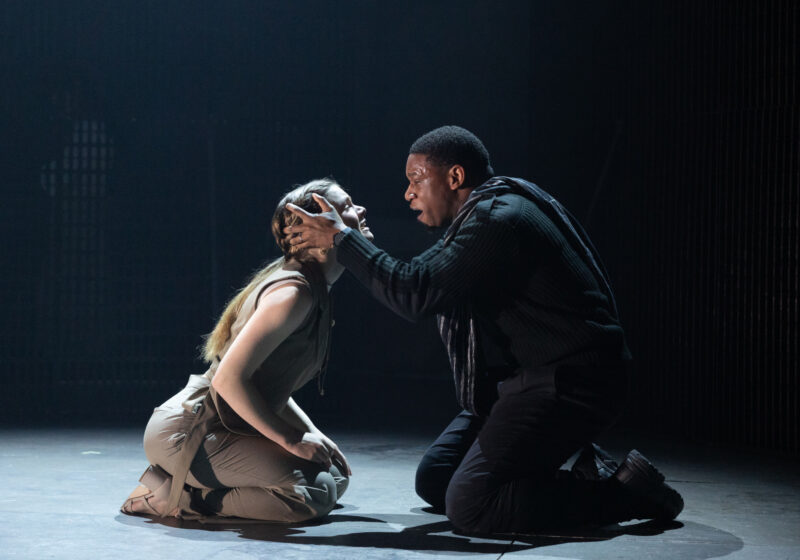Amazon Prime’s new show, “Z: The Beginning of Everything,” has taught me that there is nothing more disappointing than a failing marriage. Except, that is, for a failing television show.
“Z: The Beginning of Everything” has been flooding newsfeeds with silent ads sporting titillating quotes from the show, based on the life of Zelda Fitzgerald and her famously rocky marriage to literary giant F. Scott Fitzgerald. “How shall we celebrate, on the rocks or on the bed?” The trailers themselves imply the show is fast-paced and glamorous. It couldn’t be more misleading.
The series is based on “Z: A Novel of Zelda Fitzgerald” by Therese Anne Fowler. It begins slowly in Montgomery, Alabama, and then trudges onto New York, where the newly married Fitzgerald couple faces obstacles: Zelda’s clothes are weird, Scott lies about money, Zelda wants to be in a movie, Scott lies about finishing college, and most of all, someone had too much to drink.
Unlike in the trailers, Zelda is wearing ruffled frocks, and her attraction to Fitzgerald couldn’t be more passive. Throughout the season, her character moves back and forth between rebellious southern belle and uptight husband-sitter. When faced with unresolvable conflict, Zelda, not once, but twice, undresses as a solution.
In the end, Zelda’s character skips over being complicated and instead remains undecided, not due to personality, but poor writing.
Scott is mean and has little character motivation other than his need to have a bottle of gin in one hand and Zelda in the other(And also not wanting to turn into his father? This is briefly mentioned and even more quickly forgotten).
Perhaps one of the most obvious failures of the show is that everything simply looks old.
“Z” is trying too hard to remind its audience that these events take place in the past, overlooking the fact that bathtubs and Victrolas and carpets didn’t look old in the Roaring Twenties—because they were made in the Roaring Twenties. If the scenes weren’t so dimly lit and the music less intentionally crackly, then maybe the viewer wouldn’t have to stretch so hard to feel like they were with Zelda and Scott in the moment.
Despite leaving a series of open plot holes (the pilot begins with the remains of a burnt household, something that was never returned to), it somehow manages simultaneously lacks in plot. Only one event happens in each episode, leaving little setup for anything to happen quickly in its successor. So the season’s storyline is trite and simple. If you’ve heard of the Great Gatsby or the Roaring Twenties before, you can probably predict the series as a whole.
It could be, however, that this association is what holds the series back. With “Fitzgerald,” one thinks of parties, the green light, excessive wealth, and because of 2013’s “Great Gatsby,” a banger soundtrack.
Instead, though, “Z: The Beginning of Everything” is quiet. Its best moments include those of Zelda realizing the life she has chosen for herself, as the caretaker of a man drowning in alcoholism and trying to make something from it. If any, the series’ successes comes from illustrating how Zelda’s brilliance is limited by her desire to help her husband. Time after time he uses her words in his work, and when he feels like his success is not matching his talent, she comforts him.
“I will never let you fail,” she tells him at one point, not realizing that their marriage has already failed them both.
This could be a simple case of the show not matching expectation. After all, in reality the Fitzgeralds did have more arguments than they had money, and Zelda did have a painfully southern accent. But the trailers’ illustration of glamour and excess brought in a demographic uninterested in reality, so the story feels like it’s lacking.
Overall, “Z: The Beginning of Everything” has the sad and sour taste of a lost opportunity.




